Trump calls for closure of USAID amidst allegations of ‘unexplainable’ corruption
- Update Time : Sunday, February 9, 2025
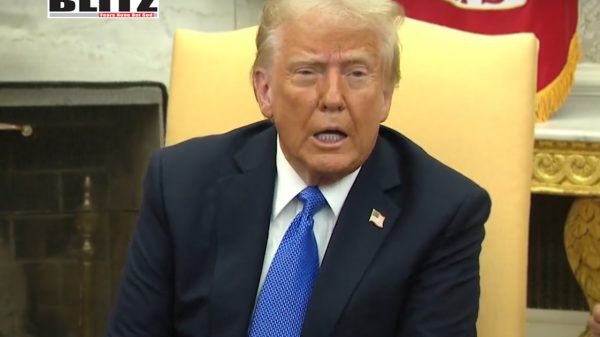
In a move that has sent shockwaves across Washington and the international aid community, President Donald Trump has called for the closure of the US Agency for International Development (USAID), citing “unprecedented levels of corruption.” The announcement, made through Trump’s social media platform, Truth Social, comes as part of a broader initiative to cut government spending and scrutinize federal agencies accused of inefficiency and waste.
As one of his first executive orders after taking office, Trump suspended all US foreign aid, pending a three-month review of expenditures. This decision aligns with his administration’s goal of reducing unnecessary government spending and ensuring that taxpayer money is used effectively. Leading this effort is the newly formed Department of Government Efficiency (DOGE), headed by billionaire entrepreneur Elon Musk, who has labeled USAID a “criminal organization.”
“USAID is driving the radical left crazy, and there is nothing they can do about it because the way in which the money has been spent, so much of it fraudulently, is totally unexplainable,” Trump wrote on Truth Social on February 7.
According to Trump, USAID has been funneling billions of dollars into media companies as part of a scheme to generate positive coverage for Democratic politicians. He specifically accused the organization of directing $8 million to Politico, a media outlet he frequently criticizes for its alleged bias against conservatives.
Trump’s accusations against USAID suggest that the agency has been used as a financial conduit to support Democratic-aligned media entities. In a post on Truth Social on February 6, he wrote:
“USAID stole billions of dollars, much of it going to the fake news media as a ‘payoff’ for creating good stories about the Democrats. The left-wing ‘rag,’ known as ‘Politico,’ seems to have received $8,000,000.”
A subsequent investigation led by Musk’s team reportedly found that millions of taxpayer dollars were being used to fund Politico Pro subscriptions, a premium service providing in-depth policy analysis. Following these revelations, the White House directed the General Services Administration to terminate all media contracts funded by USAID. Axios reported on February 7 that an internal email confirmed this directive.
Politico, however, has denied receiving direct funding from the government, stating that various US agencies had purchased subscriptions to its premium services, as they do with numerous other media outlets.
In a move that signals the administration’s commitment to overhauling USAID, Secretary of State Marco Rubio has already halted several of the agency’s key projects. Further, reports suggest that the administration intends to reduce USAID’s workforce from over 10,000 employees to fewer than 300. This massive downsizing has sparked outrage from government workers’ unions, leading to legal action against the administration.
The American Federation of Government Employees (AFGE) and the American Foreign Service Association (AFSA) have filed a lawsuit against Trump, Rubio, and the Departments of Treasury and State. The lawsuit argues that the drastic cuts are “unconstitutional and illegal,” citing potential violations of federal employment protections and international aid commitments.
USAID has long been a focal point of criticism from conservative policymakers, who argue that the agency misallocates funds and engages in political favoritism. Critics have pointed to USAID’s involvement in foreign electoral processes, media funding, and alleged mismanagement of humanitarian aid as evidence of systemic corruption.
Trump’s previous administration had already sought to curtail USAID’s influence, proposing significant budget cuts and shifting responsibilities to other agencies. However, resistance from Congress and international stakeholders prevented a full-scale dismantling of the organization at the time.
Now, with Republican majorities in Congress more aligned with Trump’s vision, the path to significantly reforming or even shutting down USAID appears more feasible.
The potential shutdown of USAID raises questions about the future of American foreign aid and its influence abroad. USAID has been instrumental in providing disaster relief, development assistance, and diplomatic leverage in regions such as Africa, Southeast Asia, and Latin America. Critics of Trump’s move warn that withdrawing USAID funding could create a power vacuum that adversaries like China and Russia might exploit.
Foreign governments and international organizations have expressed concern over the decision. The European Union has indicated that it may step in to fill the void left by USAID in certain programs, while humanitarian groups worry that abrupt funding cuts could have devastating consequences for millions of people reliant on US-backed aid initiatives.
Trump’s latest move is expected to further polarize an already divided Washington. His supporters hail the decision as a necessary step to curb government corruption and wasteful spending, while his critics view it as a politically motivated attack on international development efforts.
The Democratic Party and progressive organizations have condemned the decision, accusing Trump of using the corruption allegations as a pretext to dismantle programs that benefit vulnerable populations worldwide. Some have also pointed to Musk’s involvement as a potential conflict of interest, given his business dealings and his growing influence within the federal government.
On the other hand, conservative lawmakers and right-wing media outlets have praised Trump’s actions, arguing that USAID has long been an unaccountable bureaucracy that serves partisan interests rather than American taxpayers.
As the three-month review of USAID’s finances continues, the future of the agency remains uncertain. If Trump follows through with his promise to close USAID, it could mark one of the most significant shifts in US foreign policy in decades.
For now, all eyes are on Musk’s Department of Government Efficiency and the findings it will present in the coming weeks. Whether USAID survives in a reformed capacity or is completely dismantled, the controversy surrounding it underscores the deep political and ideological divisions shaping US governance today.
One thing is clear: Trump’s battle against USAID is far from over, and the outcome could redefine America’s role in international aid for years to come.


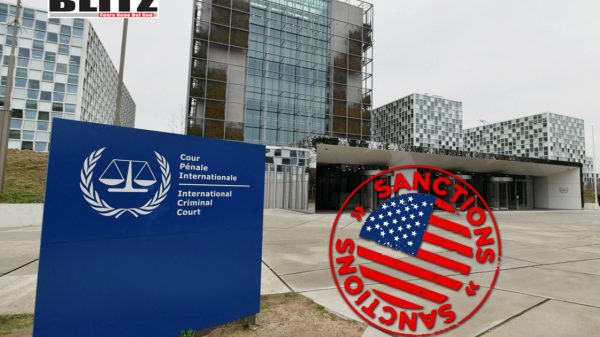
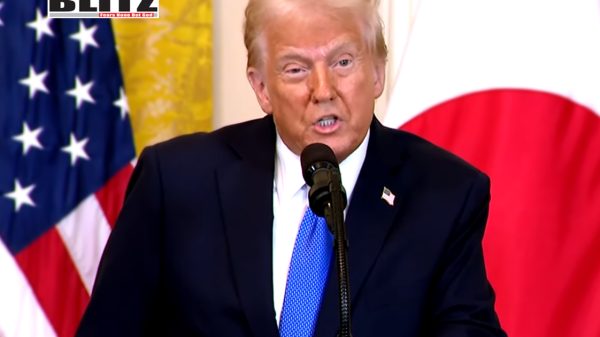
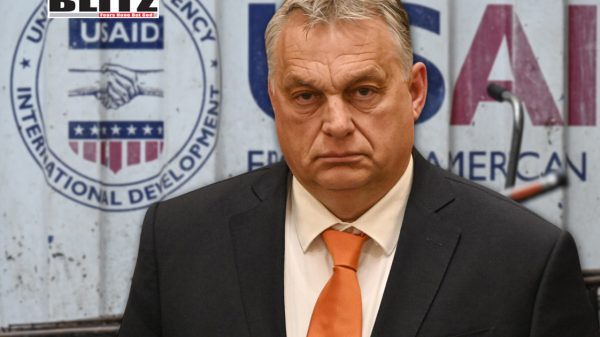
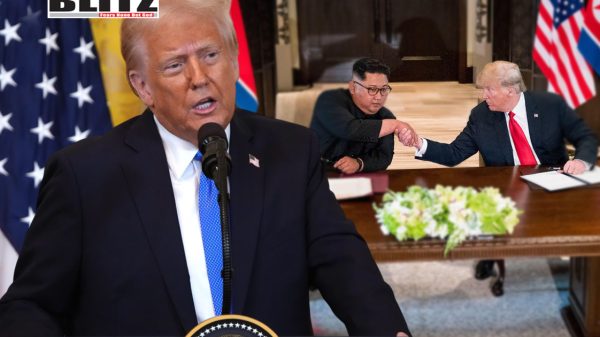
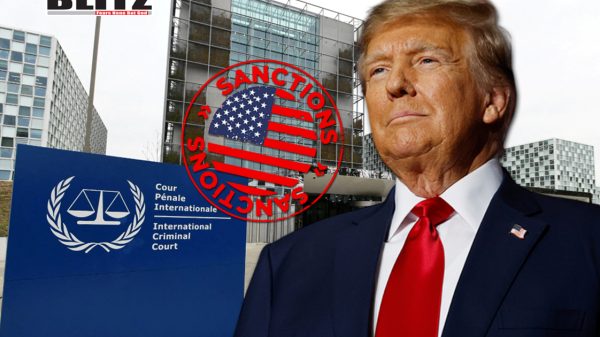
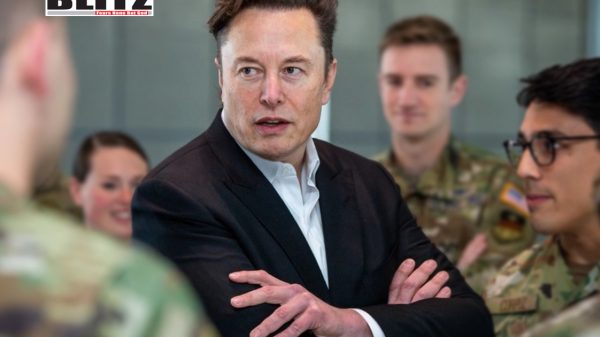
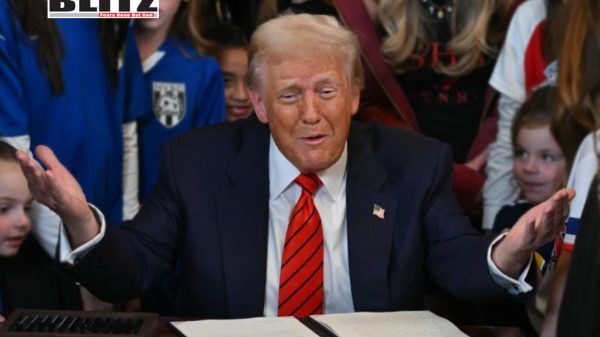
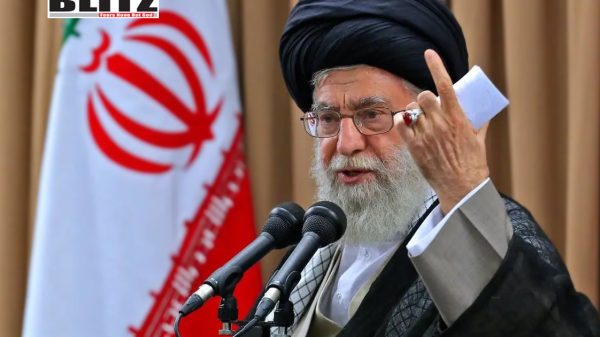
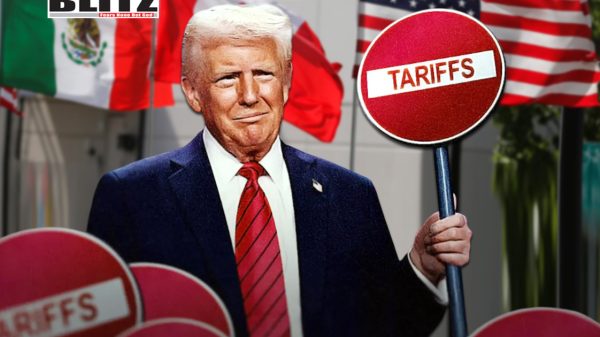

Leave a Reply